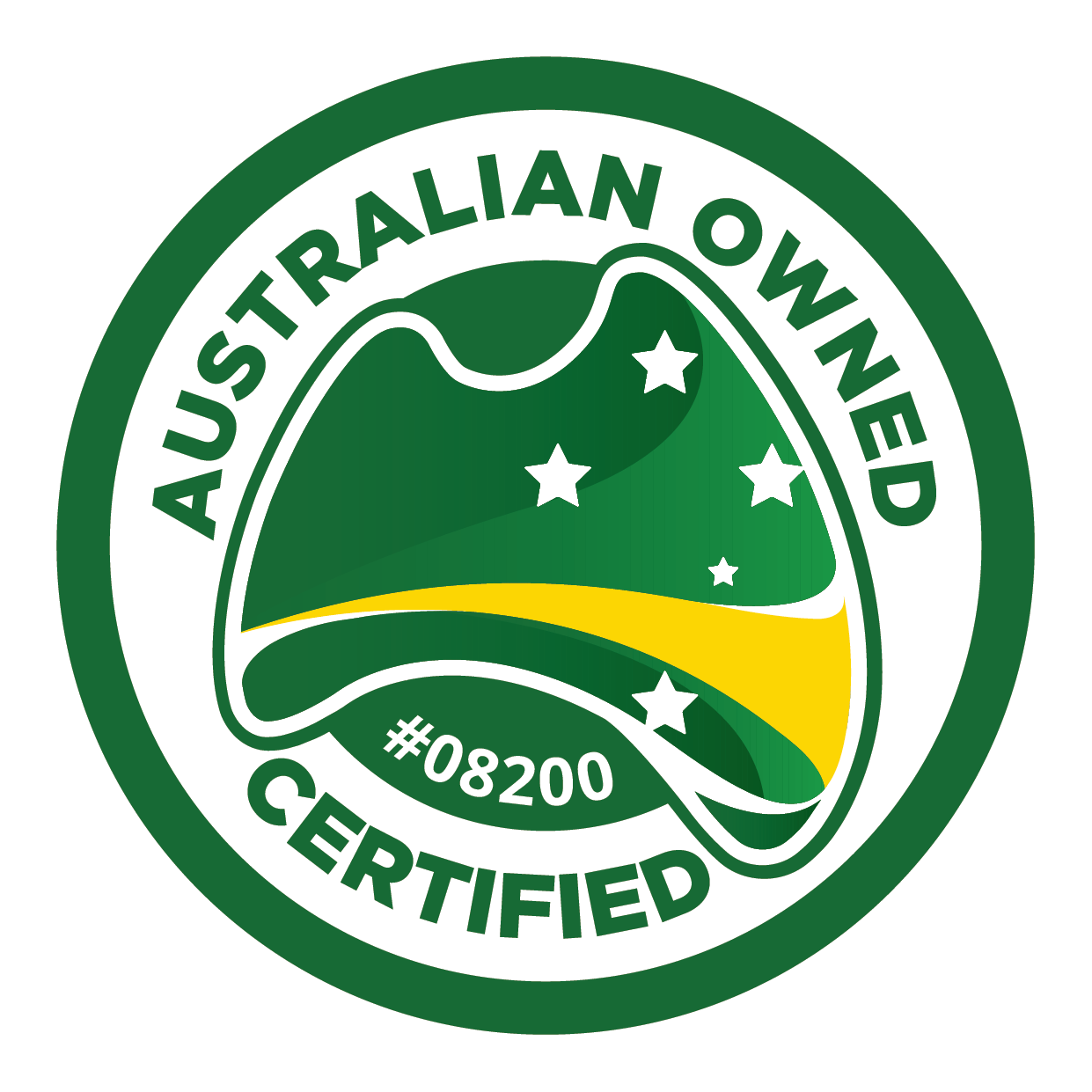Building a positive team environment is key to success in any organisation. We often hear, “There is no I in team,” and the traditional way of describing each letter of TEAM:
Together Everyone Achieves More.
Unfortunately, not all teams are successful. One of the most common questions asked by managers is how to build an effective team that is capable of delivering consistent results. Research shows that companies that nurture their employees and collaborate with them are the ones that succeed. As Aristotle wisely said, “The whole is greater than the sum of its parts.”
Understanding Teamwork
The Importance of Team Dynamics
To build effective teams, it’s important to understand team dynamics. Teams are made up of people with different strengths, weaknesses, backgrounds, and personalities. Effective teamwork happens when these diverse elements come together smoothly. But not every team achieves this harmony. Issues like communication breakdowns, lack of trust, and unclear goals can hold a team back.
Measuring Teamwork Effectively
There’s no magic formula for creating the perfect team. Effective teams are diverse, with some members who are outspoken and others who prefer to support from behind the scenes. Successful teams feel safe and trusted by their leaders, which helps them perform at their best.
A good example of measuring teamwork is in the hospitality industry. Walking down a hotel corridor and seeing how often staff greet guests can show how engaged they are. When employees greet guests warmly, it reflects their job satisfaction and the positive team environment they share. This small gesture shows that employees are happy with their work and feel connected to their team and its goals.
A well-known saying goes, “A chain is only as strong as its weakest link”. In hospitality, if one team member falters, it can negatively impact service. But when everyone works well together, productivity flourishes. No matter their role—whether manager, server, or housekeeper—every team member plays a critical part in enhancing the guest experience and upholding the brand’s reputation.
Strategies for Building a Positive, Agile Team
Consider implementing a few of these strategies in your company to strengthen teamwork:
1. Leadership & Autonomy
Leaders should aim to create self-managing teams. This requires a big shift in mindset; leaders must trust their teams to operate independently without micromanagement. Empowering team members encourages creativity and initiative, allowing them to take ownership of their tasks and make decisions that align with the team’s goals.
Strategy:
- Set Clear Expectations: Clearly define objectives and outcomes so team members understand their roles.
- Encourage Decision-Making: Empower team members to make decisions related to their work, which fosters a sense of ownership.
- Provide Guidance When Needed: Be available to offer support and guidance without taking over tasks.
2. Trust
When leaders place complete trust in their teams to reach shared goals, it fosters collaboration, job ownership, and a place of safety. Team members will feel valued. Think of ways that could show your trust with your team.
Strategy:
- Be Transparent: Share information openly with the team to build credibility.
- Be Consistent: Follow through on promises and commitments to establish reliability.
- Encourage Feedback: Create an environment where team members feel comfortable giving and receiving feedback.
3. Empowerment
Provide your team with opportunities to grow and take ownership of their tasks. Empowerment involves stepping back and allowing individuals to take initiative while providing them with the resources they need to succeed.
Strategy:
- Support Skill Development: Offer training and development opportunities that align with individual interests and career goals.
- Encourage Innovation: Allow team members to propose new ideas and approaches without fear of failure.
- Recognise Achievements: Celebrate both individual and team accomplishments to reinforce a culture of empowerment.
4. Minimise Meetings and Bureaucracy
Reduce unnecessary meetings and administrative hurdles to streamline communication and decision-making processes. A flatter organisational structure enables team members to act quickly without navigating excessive bureaucracy.
Strategy:
- Set Clear Agendas: Ensure meetings have a clear purpose and agenda to maximise productivity.
- Use Technology Wisely: Leverage collaboration tools that enhance communication while reducing the need for meetings.
- Encourage Asynchronous Communication: Allow team members to communicate updates and questions at their convenience.
5. Provide Tools
Equip your team with the necessary tools and resources—such as project management software or collaborative workspaces—to enhance communication and efficiency. The right tools can significantly improve workflow and foster collaboration among team members.
Strategy:
- Project Management Software: Tools like Trello or Asana help track tasks and deadlines.
- Communication Platforms: Use platforms like Slack or Microsoft Teams for seamless communication.
- File Sharing Solutions: Implement cloud storage solutions like Google Drive or Dropbox for easy access to shared documents.
6. Lean Reporting
Implement a straightforward reporting process that keeps focus on what truly matters. A lean structure ensures that important issues receive attention without becoming mired in bureaucracy, allowing teams to concentrate on achieving their goals.
Strategy:
- Define Key Metrics: Identify essential metrics that align with team objectives rather than overwhelming teams with extensive reporting requirements.
- Regular Check-Ins: Conduct regular check-ins to assess progress without formal reports.
- Encourage Open Communication: Foster an environment where team members can discuss challenges and successes informally.
7. Trust Building
Research shows that trust plays a critical role in fostering strong relationships within teams. When leaders show trust in their teams, it can increase feelings of trustworthiness among members, creating a positive feedback loop that enhances team dynamics and overall performance.
Strategy:
- Model Trust Behaviour: Demonstrate trust by delegating tasks and allowing autonomy in decision-making.
- Encourage Vulnerability: Leaders should be open about their own challenges and setbacks, which can inspire similar openness among team members.
- Foster Collaboration: Promote teamwork by encouraging collaboration on projects that require input from multiple members.
Take a Genuine Interest in Your Team
Building strong relationships with your team members is vital for fostering a positive work environment. Here are some strategies to help you connect with your team on a deeper level:
- Respect: Show respect by acknowledging your employees daily. A simple greeting or inquiry about their well-being can go a long way in making them feel valued as individuals.
- Engagement: Encourage open dialogue by asking questions about their processes and current projects. Engaged employees are more likely to contribute positively to the team’s success.
- Support: Dedicate time to assist your team when needed; proactive support is often more effective than troubleshooting after issues arise. Offering assistance shows that you care about their success.
- Vulnerability: Share your own setbacks and challenges with your team to create an atmosphere of openness. When leaders demonstrate vulnerability, it encourages others to share their experiences without fear of judgment.
- Intent: Communicate the reasoning behind your decisions clearly. Providing context helps prevent misunderstandings and improves overall responses from the team. Understanding the “why” behind actions can foster deeper connections within the group.
- Collaboration: Involve the entire team in decision-making processes. By including everyone in key decisions, you foster accountability while creating a sense of ownership over important outcomes.
Summary
Creating a positive team culture is essential for promoting collaboration and achieving success within your organisation. By focusing on key strategies such as effective leadership, building trust, empowering team members, improving communication, and utilising the right tools, you can foster an environment where everyone feels valued and motivated. Investing in your team’s growth not only boosts individual performance but also contributes to the overall success of your organisation. By adopting these practices, you can cultivate a thriving team that works together towards common goals.
At Recruitment Central, we are dedicated to supporting your team’s growth and development. Our expertise in recruitment ensures that you find the right talent to enhance your team and drive success. Let us partner with you to create a strong and cohesive team that achieves great results together. Reach out to us today to discover how we can assist with your recruitment needs and build a thriving workplace!













